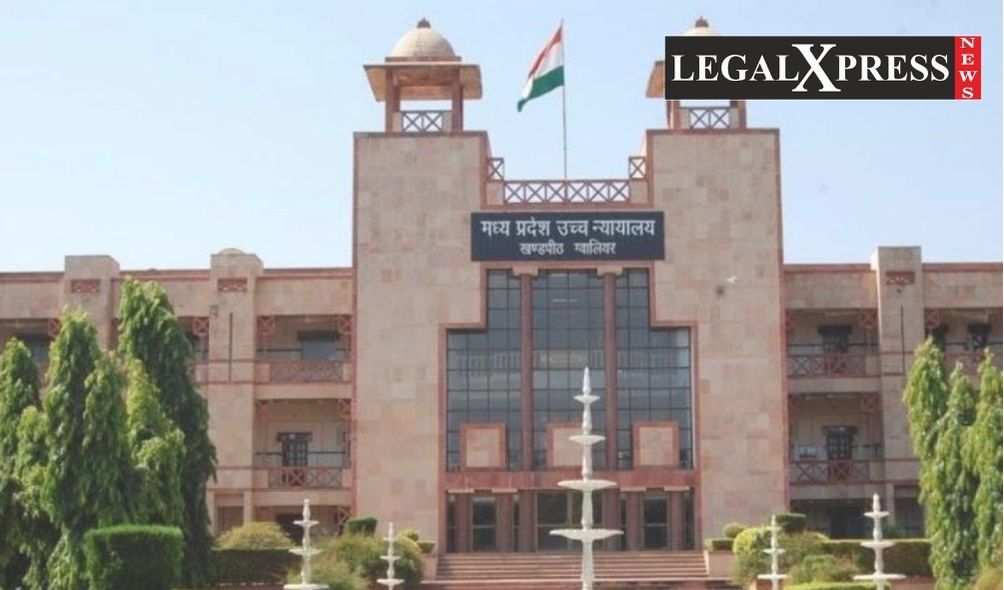 Allow Cookies!
Allow Cookies!
By using our website, you agree to the use of cookies
 Madhya Pradhesh Court ruled that issue of Writ of Habeas Corpus against a person residing in a foreign land.
Madhya Pradhesh Court ruled that issue of Writ of Habeas Corpus against a person residing in a foreign land.
|
The Indore Bench, recently ruled that habeas corpus cannot be issued against a person residing outside the sovereign territory of India.
In the present case, the petitioner submitted that she was cruelly treated for the demand of a dowry of Rs. 20,00,000/- two days after her marriage. After that, she soon moved to her husband's place of work in France. Afterwards, she went to Dubai and then to the Netherlands for two and a half years. She claimed that her husband harassed her and that she was oppressed. So he was forbidden by Netherlands police to be around her. The petitioner, unable to survive without financial support, left the Netherlands and returned to India. According to her, the local rules and laws did not allow her to travel to India with her child without her husband's consent. So she had to return to India without the child leaving her in the custody of her husband. Petitioner had registered an action against her husband and his family under Sections 498-A, 506 of the IPC, and Sections 3 and 4 of the Dowry Act. With the current order, she wanted to secure custody of her child. To secure control of her minor child, the petitioner applied to the court by filing a writ of habeas corpus. In considering the present issue, the court held that section 226 meant that she had no jurisdiction to issue a warrant for arrest against her husband because he resided in the Netherlands which does not fall under the jurisdiction of Article 226 of the Constitution of India. In addition to that, he was also the child's biological father, the court ruled that custody cannot be considered illegal for granting a habeas corpus injunction. Further, the court ruled that the defendant's parents were not required parties to the listed matter, and therefore the Plaintiff's motion to compel them to be the party was rejected by the court. The Petitioner’s request was denied because the corpus or the child was not in the custody of the defendant’s parents. They are only the parents of Defendant and so cannot sue. Complainants may seek legal remedies provided by law. Due to the above contentions, the petition has been dismissed. As is clear from the above, the High Court has the power to order any person or authority, including the government, in any territory in which it exercises jurisdiction authority to issue orders or writs to execute all rights and other purposes conferred by Part III. Therefore, the High Court can issue a writ against any person within its jurisdiction under Section 226 of the Indian Constitution. Therefore, this lawsuit is untenable and may be dismissed on that basis alone.
Tags : #High Court #Madhyapradesh #Writ #Habeascorpus
Copyright Kalyan Krishna MediaZ Private Limited. All rights reserved. Unless otherwise indicated, all materials on these pages are copyrighted by Kalyan Krishna MediaZ Private Limited. All rights reserved. No part of these pages, either text or image may be used for any purpose. By continuing past this page, you agree to our Terms of Service, Cookie Policy, Privacy Policy and Content Policies.